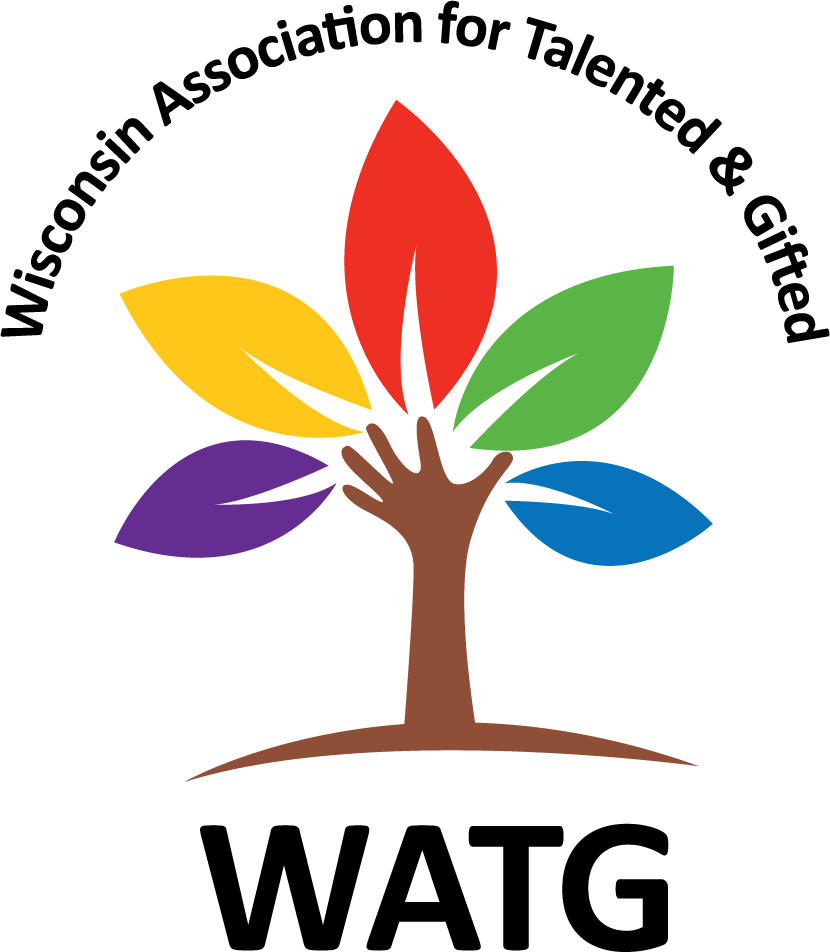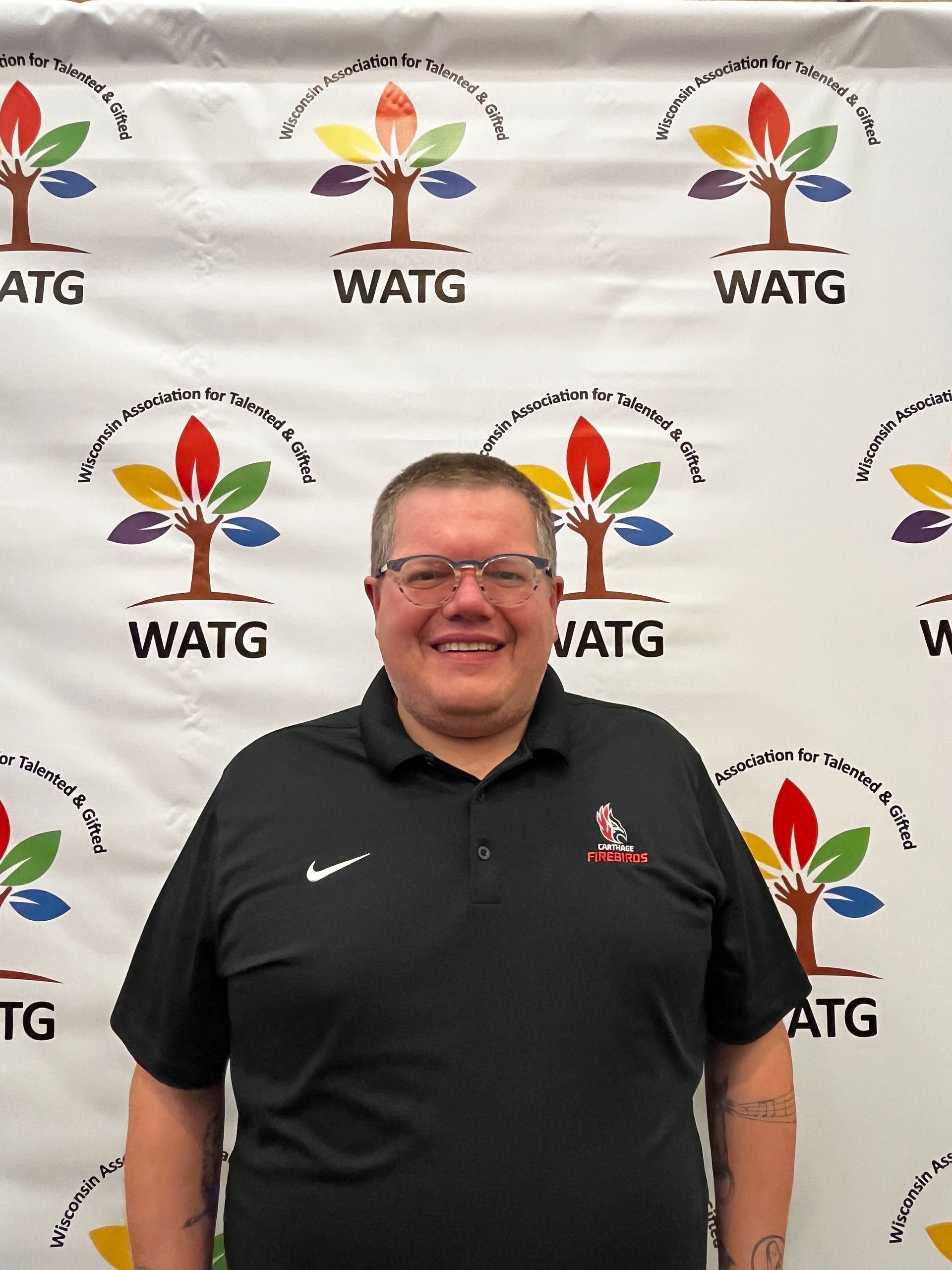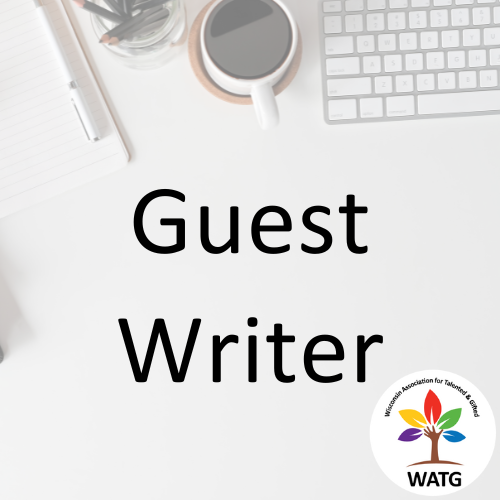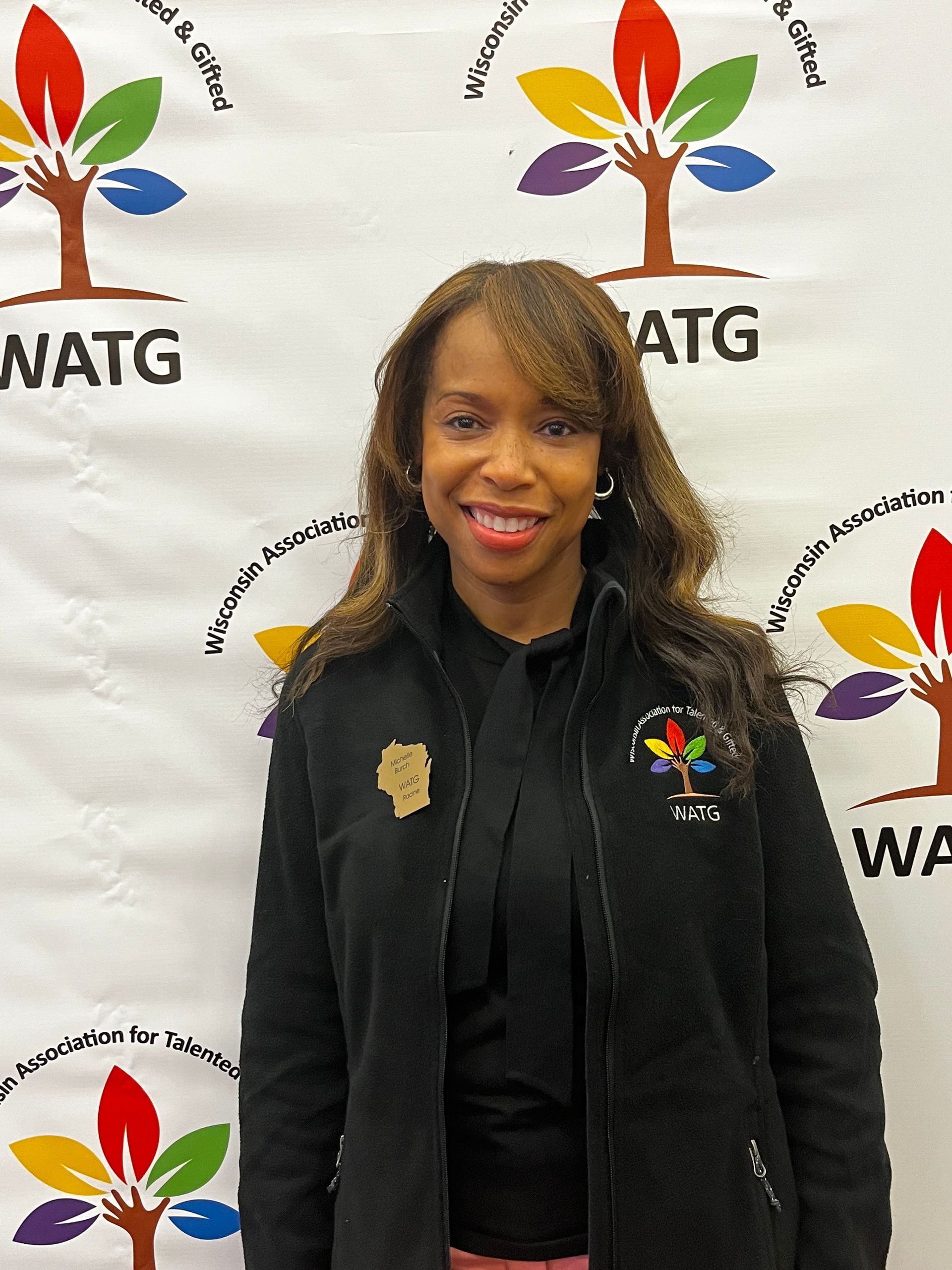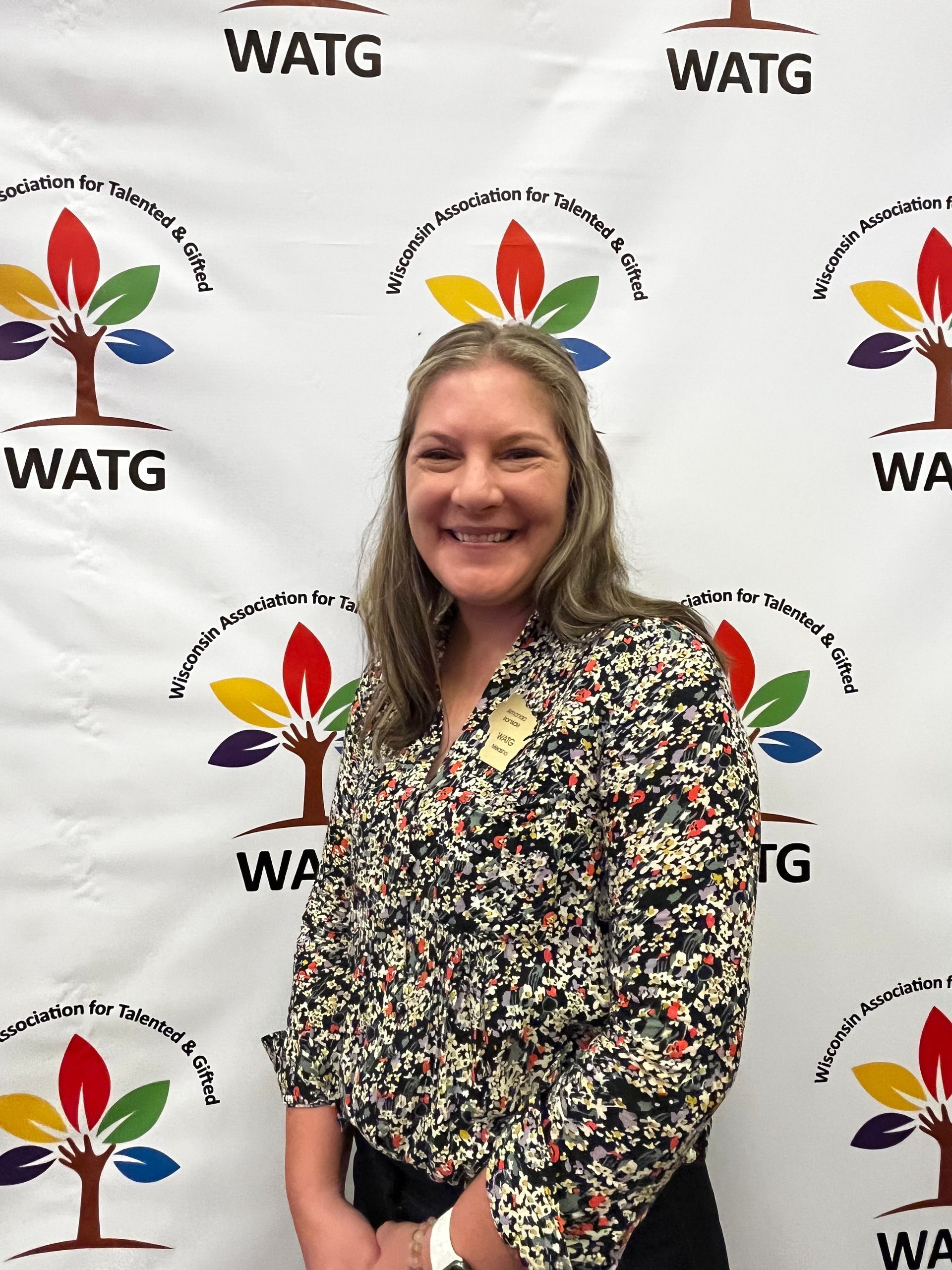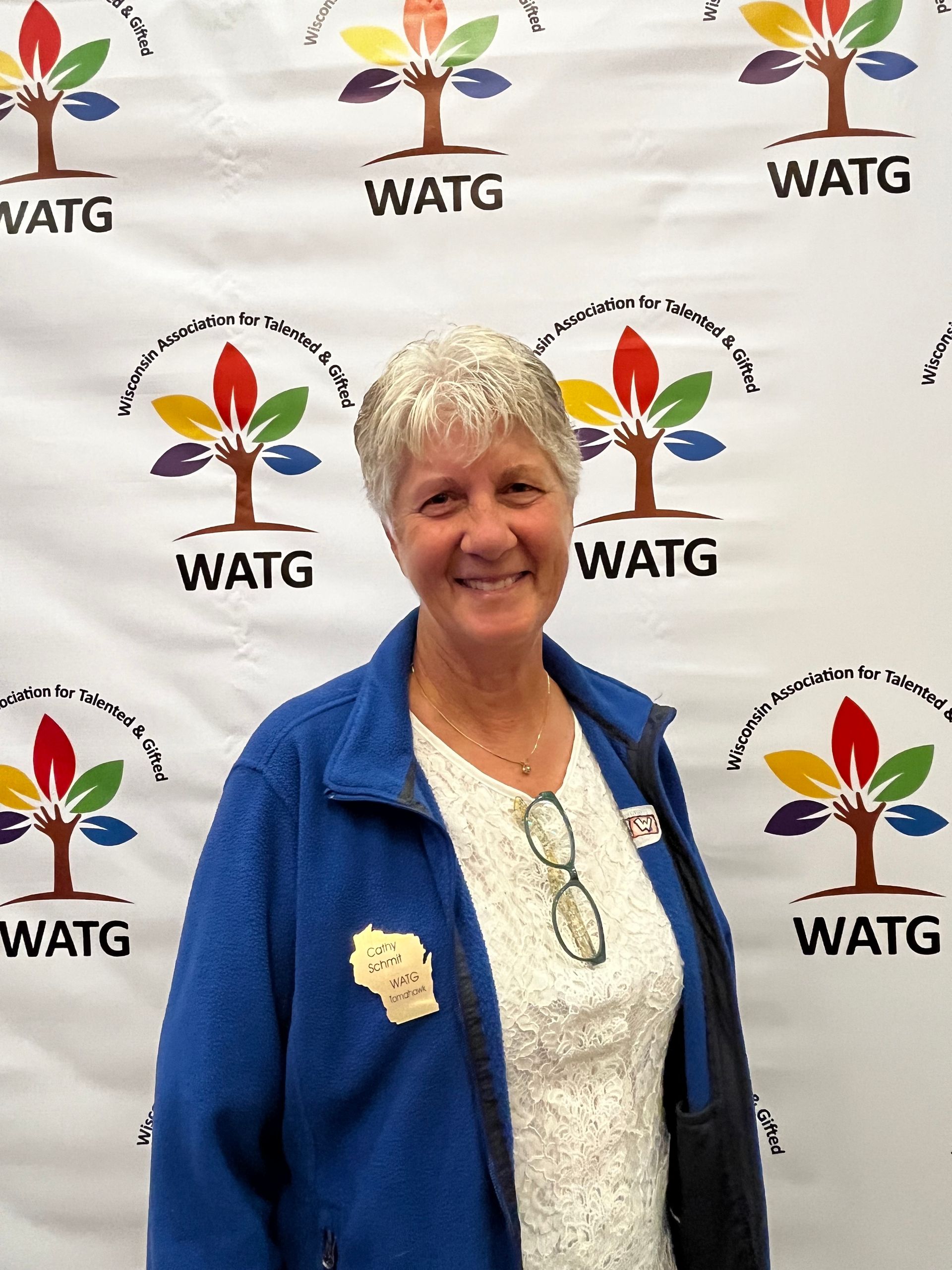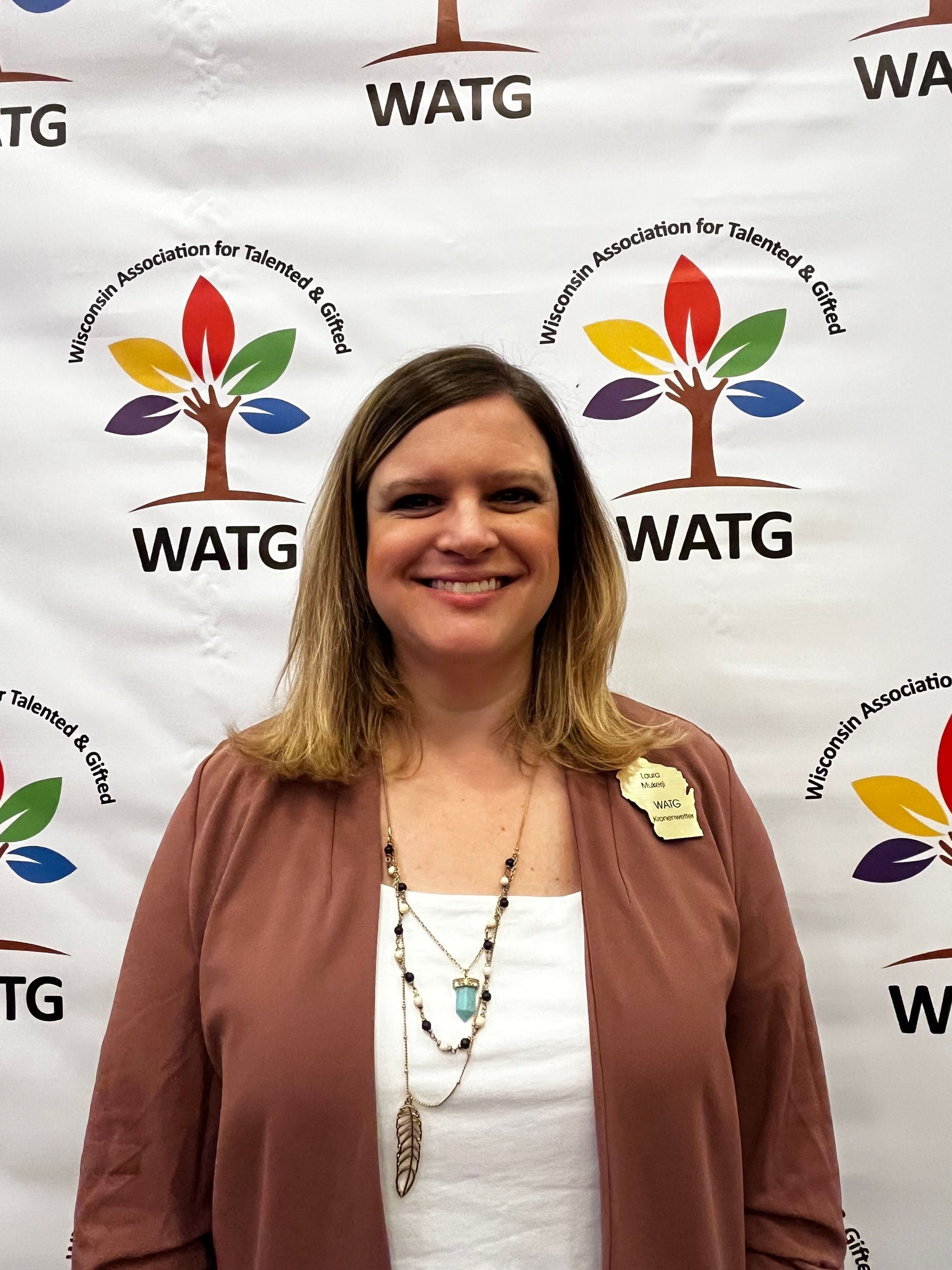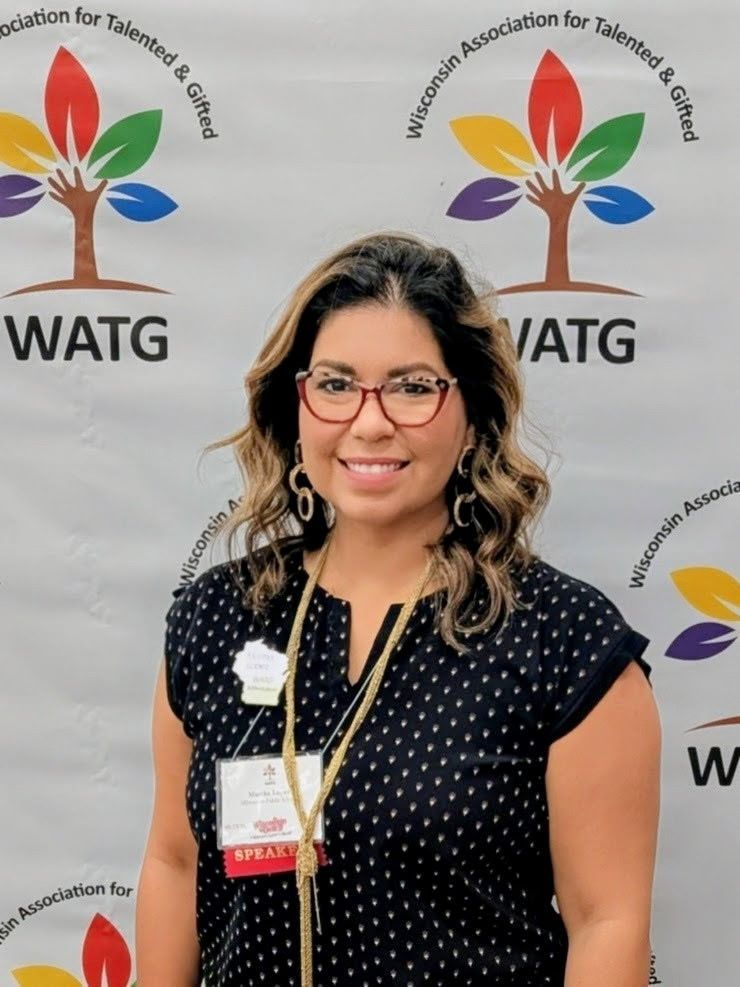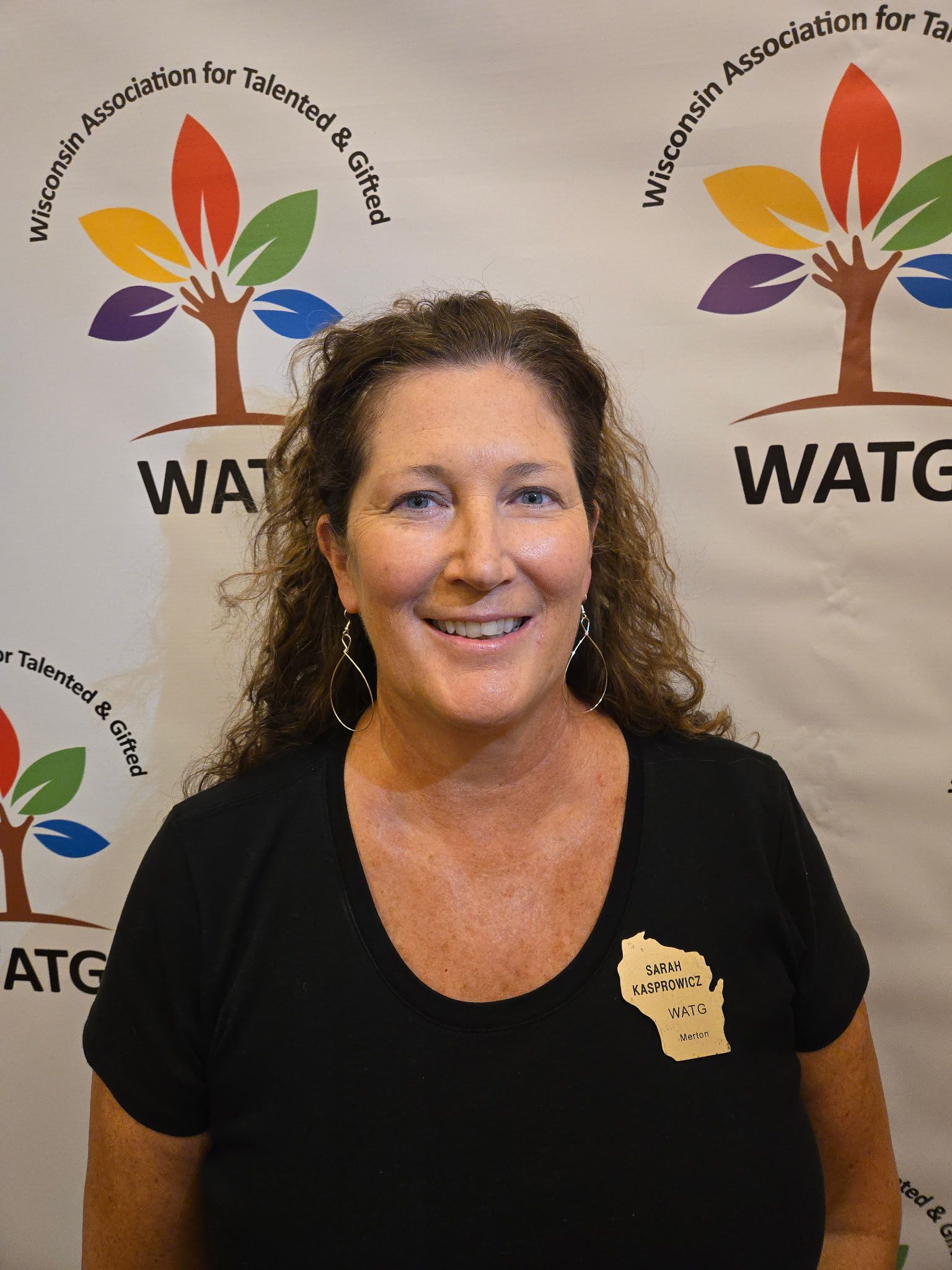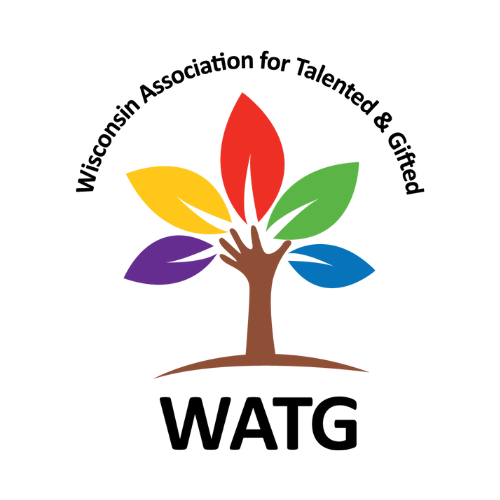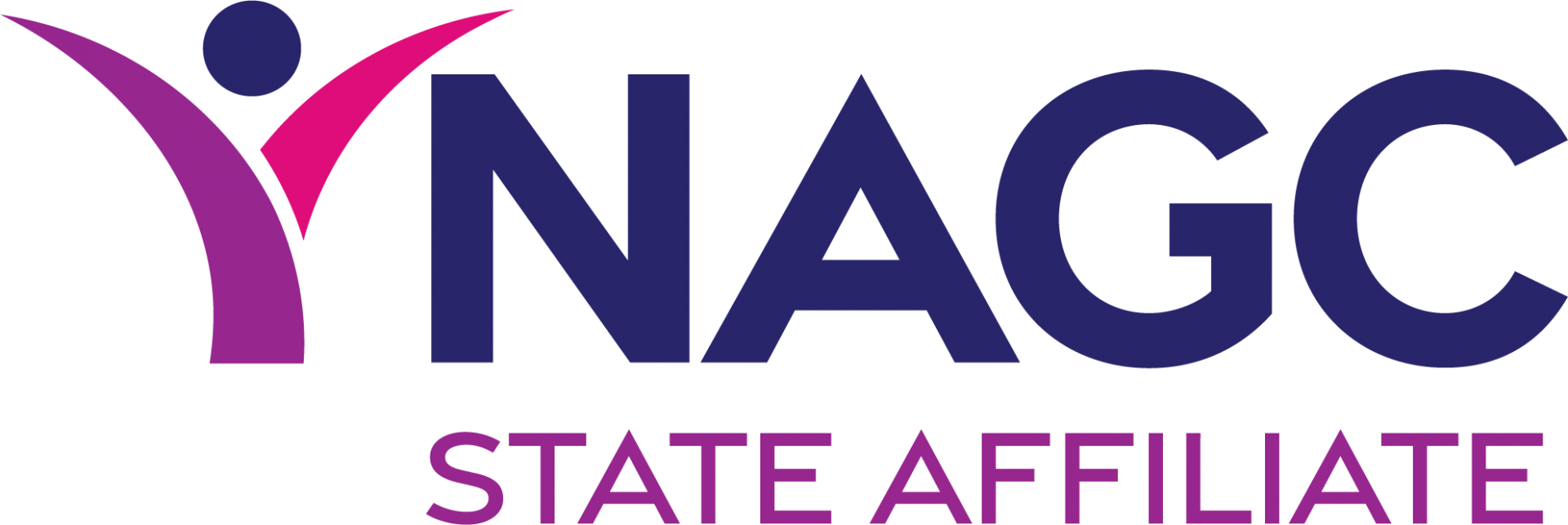Building Trust and Collaboration: Partnering with Classroom Teachers to Support Gifted Learners
In the world of gifted and advanced education, success depends not only on identifying exceptional learners, but also on how we support and nurture them within the general education setting. One of the most important, yet sometimes overlooked partnerships in this effort, is the relationship between gifted education coordinators and classroom teachers.
For our programming to thrive, we must intentionally cultivate trust, transparency, and ongoing communication with the teachers who work with gifted students every day. Below are some strategies and insights that help build strong, collaborative relationships with classroom teachers and may serve as useful practices for others in the field.
1. Keep Communication Open and Intentional
Open, regular communication sets the tone for trust. This begins with making sure classroom teachers are aware of which students in their classrooms are identified as gifted or advanced, and in which specific areas (e.g., math, ELA, creativity, etc.). A personal classroom, email, or brief check-in early in the year can lay a strong foundation.
Providing a quick reference student profile or summary can also be helpful, so teachers understand each student's strengths, learning needs, and any relevant testing data or programming they're receiving.
2. Ask, Listen, and Learn
Every teacher brings a unique perspective and set of experiences to the classroom. Take time to ask teachers about their prior experience with gifted students, what strategies worked, what challenges they faced, and how they prefer to collaborate. This communicates respect for their professional knowledge and invites them to be an active partner, not just a passive recipient of support.
When teachers feel heard and valued, they are more open to collaboration and more invested in the success of gifted programming.
3. Provide Meaningful, Accessible Resources
We often talk about differentiation, enrichment, and acceleration, but these concepts need to be backed with clear, concrete support. Share resources that are practical and tailored to their grade level or subject area, whether it's extension activities, tiered assignments, or quick strategies for compacting curriculum.
Consider developing a short, curated digital library or toolkit that teachers can easily access, or host informal "lunch and learn" sessions to introduce new ideas in a low-pressure setting.
4. Stay Current and Share What's Relevant
As a gifted and advanced coordinator, one of your most important roles is staying abreast of new research, instructional strategies, and policy changes and sharing that knowledge in a teacher-friendly way.
A regular newsletter is a simple but powerful tool. Use it to highlight effective practices, share classroom spotlights, recommend upcoming professional learning opportunities, and celebrate teacher successes. Keeping the content concise, engaging, and aligned to teachers' needs ensures it becomes a resource, not just another email in their inbox.
5. Extend Invitations, Not Expectations
When planning professional development or conferences related to gifted education, invite classroom teachers to attend, but frame it as an opportunity, not an obligation. Consider offering stipends, CEUs, or planning coverage when possible to make attendance more feasible.
Better yet, co-present with a clasMichesroom teacher who has implemented a gifted strategy or project. Peer-to-peer sharing increases credibility and makes the experience more relatable.
6. Nurture Relationships: It's an Ongoing Process
Trust doesn't happen overnight; it's built through consistent, positive interactions over time. Make a point to drop into classrooms, leave encouraging notes, or follow up after a shared student success. Recognize and affirm the work teachers are already doing to support advanced learners.
When we focus on relationships first, collaboration becomes more natural, and the ultimate beneficiaries are the students we all serve.
Working with gifted and advanced learners is a shared responsibility, one that requires partnership, patience, and mutual respect. As gifted coordinators, we are at our best when we support and empower the teachers who are on the front lines each day.
By investing in those relationships, sharing expertise, and keeping lines of communication open, we ensure that our programs don't exist in silos, but as part of a broader, more responsive educational ecosystem.
- Michelle Burch, WATG Board Member
